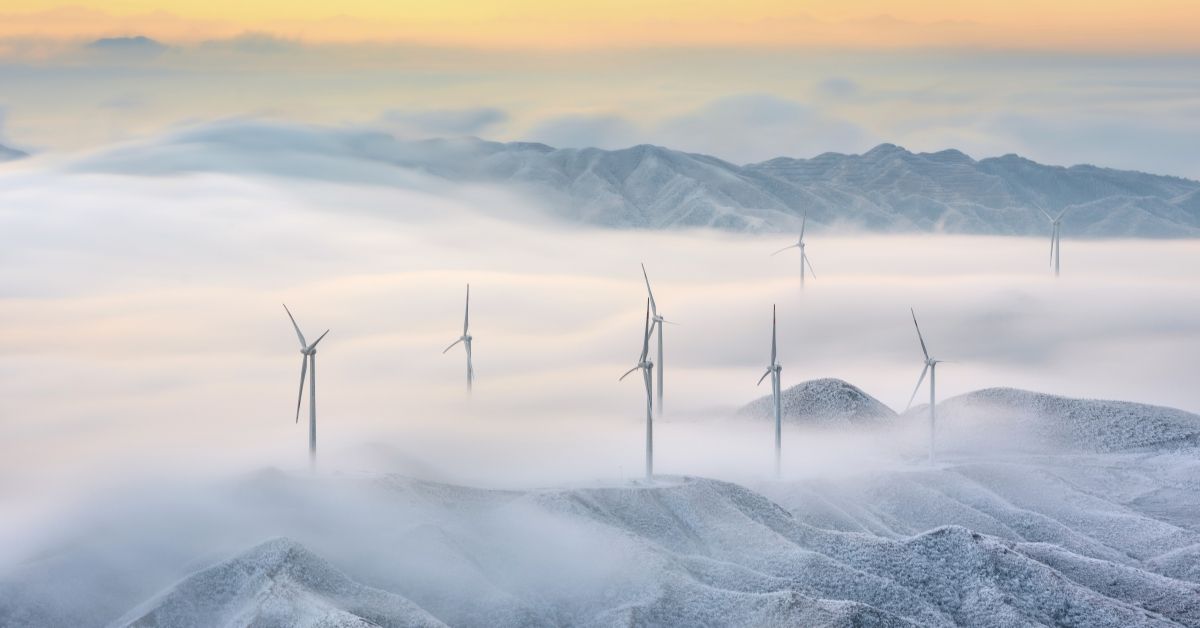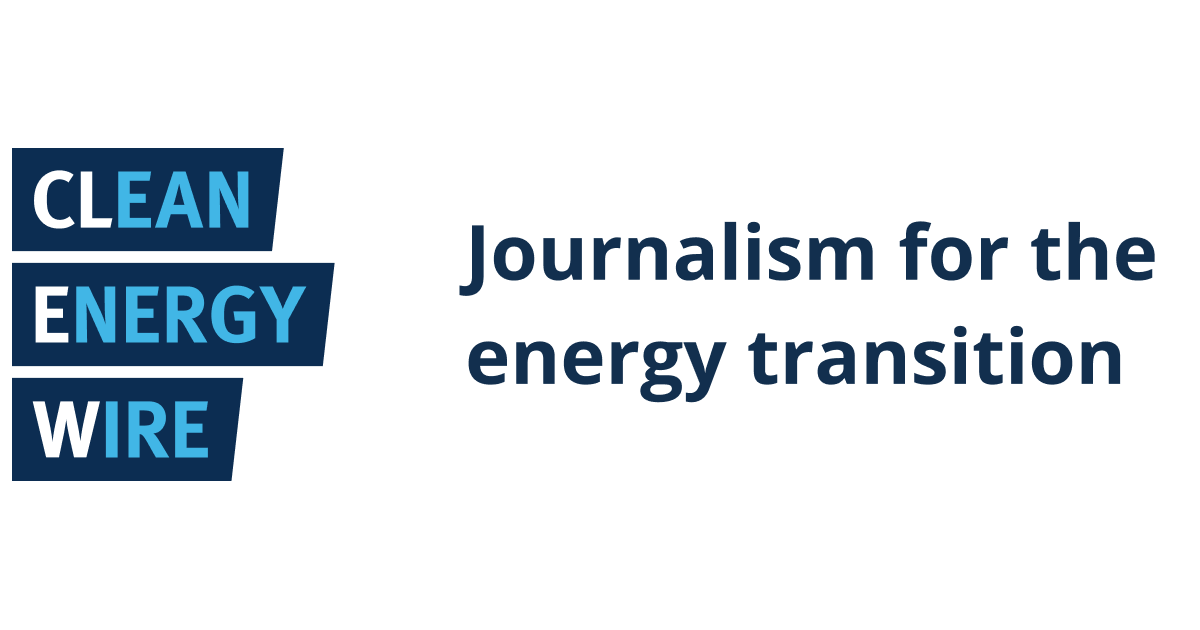elektra
Diamond Member
Again we are seeing a wind drought in Europe from England to Germany. Claims that wind and solar are the future are proven a lie, once again.
A modern society is foolish, wasteful, building endless wind and solar that always fail.

 wattsupwiththat.com
wattsupwiththat.com
... the UK and Germany faced a harsh lesson in “Dunkelflaute.” For those not familiar with this charming German term, it means “dark doldrums”—or, in practical terms, a blackout in renewable power. While we’ve been lectured about the virtues of a green energy future, these countries got a taste of the reality: when the wind stops blowing, the entire grand plan goes belly-up.
This past Tuesday, Britain’s much-heralded wind farms managed to cover a pitiful 3-4% of electricity demand during peak hours. The National Grid had no choice but to ramp up gas-fired plants, which handled a whopping 60% of demand. Meanwhile, solar and biomass did their best to chip in, but as always, they came up short. Across the Channel, Germany experienced similar woes. Wind speeds dropped so low that turbines were spinning at a meager 7% of their theoretical capacity. Once again, it was back to coal and gas—those supposed relics of the past that are actually the backbone of modern energy security.
A modern society is foolish, wasteful, building endless wind and solar that always fail.

The Dunkelflaute Disaster: What Happens When Wind Power Goes Silent
The truth here is painfully simple. Europe’s renewable dream relies on natural gas, coal, and nuclear. Without these, the entire system is a non-starter. Dunkelflaute is just the latest chapter in …
 wattsupwiththat.com
wattsupwiththat.com
The Dunkelflaute Disaster: What Happens When Wind Power Goes Silent
... the UK and Germany faced a harsh lesson in “Dunkelflaute.” For those not familiar with this charming German term, it means “dark doldrums”—or, in practical terms, a blackout in renewable power. While we’ve been lectured about the virtues of a green energy future, these countries got a taste of the reality: when the wind stops blowing, the entire grand plan goes belly-up.
This past Tuesday, Britain’s much-heralded wind farms managed to cover a pitiful 3-4% of electricity demand during peak hours. The National Grid had no choice but to ramp up gas-fired plants, which handled a whopping 60% of demand. Meanwhile, solar and biomass did their best to chip in, but as always, they came up short. Across the Channel, Germany experienced similar woes. Wind speeds dropped so low that turbines were spinning at a meager 7% of their theoretical capacity. Once again, it was back to coal and gas—those supposed relics of the past that are actually the backbone of modern energy security.


